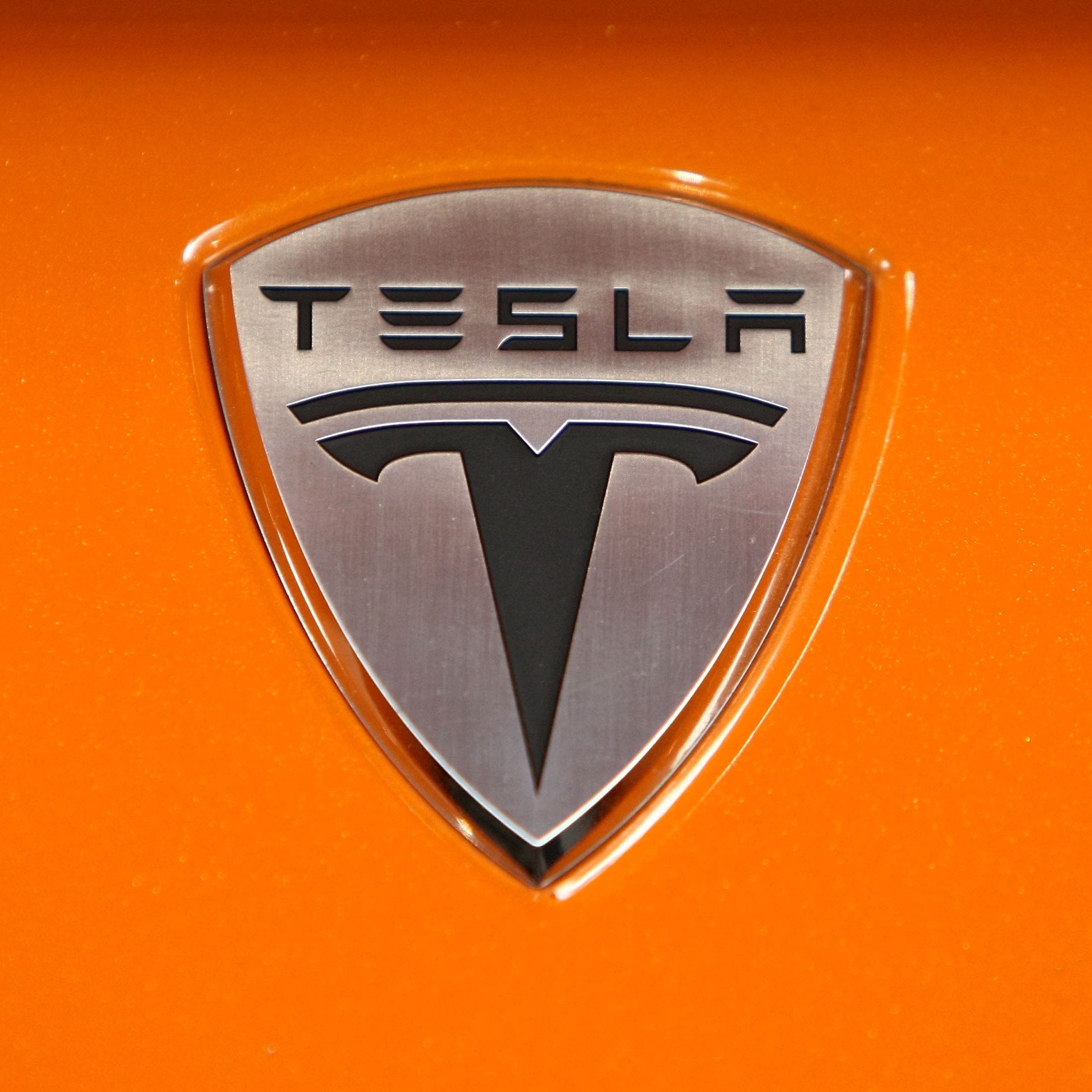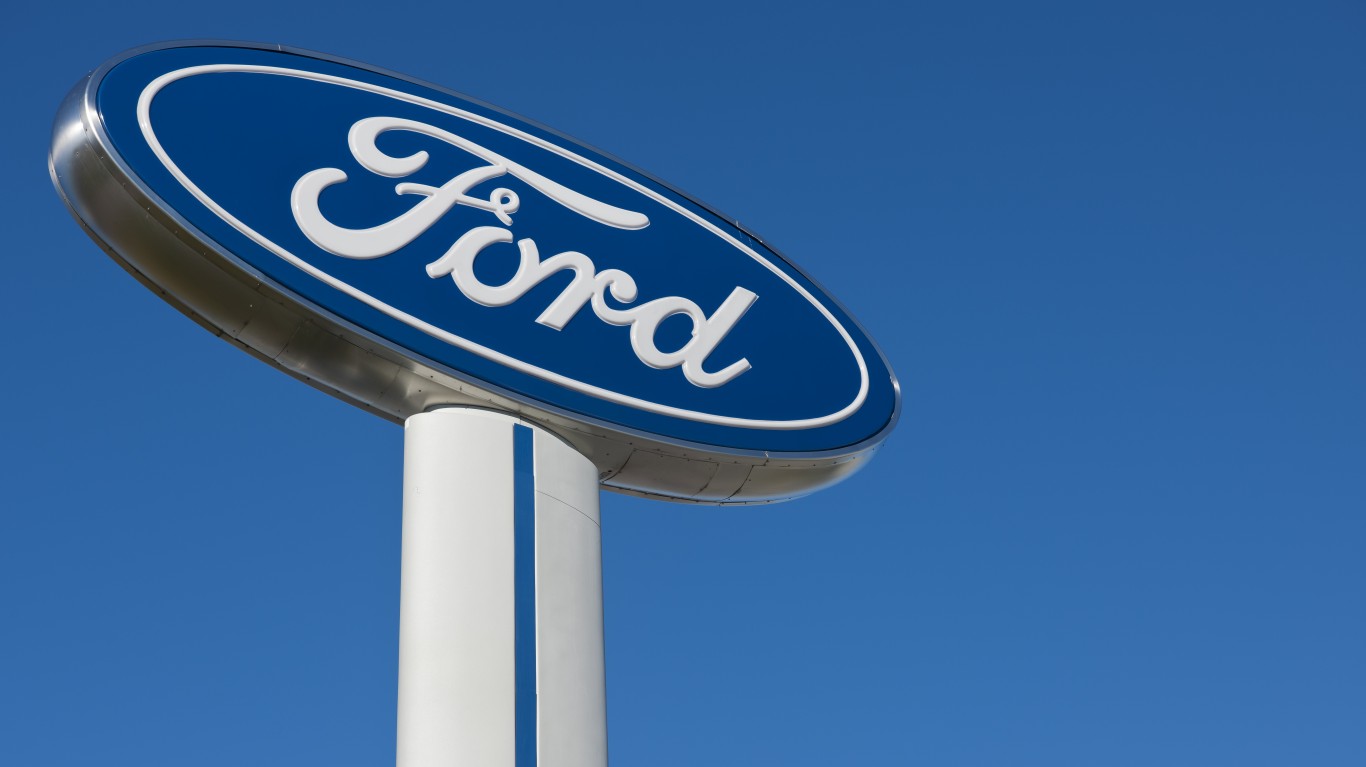
Short sellers are an interesting lot, and their role in investing is often misunderstood. That said, there is a common belief in the investment community that short sellers are frequently smarter and more insightful than the buy and hold crowd of traditional investors. If markets always go up through time, then you’d have to be super smart (or crazy) to bet against the markets.
Tesla, Inc. (NASDAQ: TSLA) is a highly controversial stock, with many investors not even agreeing with what Tesla’s future looks like. Elon Musk is also one of those CEOs that gets described by some as the greatest mind of a generation and by others as a slick salesman who doesn’t have to deliver on his targets. The company’s future could be higher priced electric cars, solar roofs, battery storage, or whatever else Elon Musk wants the company to do.
Tesla’s short interest at the end of February was 28.7 million shares, representing 5.6 days to cover. It’s also a whopping $8.6 billion worth of the stock being short — versus a market cap of about $51 billion. And it may be even higher (see below).
It turns out that it’s not just the equity short sellers betting heavily against Tesla. Credit investors are also short Tesla, and the company’s 5.3% bonds that mature in 2025 have seen their bond price hit new lows. According to IHS Markit, Tesla’s equity remains the largest US equity short and the short balance for Tesla’s bonds is now at about $261 million.
Short sellers in the most liquid Tesla bond are said to have made a tidy profit so far in 2018. What is interesting is that they have not covered to lock in their profits. IHS Markit believes this is a signal that short sellers think the credit will continue to deteriorate.
IHS Markit said of Tesla’s credit:
The 5.3% coupon issue maturing in 2025 saw short demand trend up last fall, pushing over $280m in early November, according to IHS Markit evaluated data. Coming in to the end of 2017, some short covering coincided with the bonds trading back up to 96 cents on the dollar. This week, IHS Markit shows the mid close price hit 92.5, the lowest level following issuance of the bond in August of last year.
Short sellers have not covered, and there is still a par value of $251m short in the 5.3% 2025 issue, equating to 13.2% of the total issue size. That represents the vast majority of $261m total short demand across the four TSLA bonds with short balances. The limiting factor for short sellers has been the available supply of bonds, with the utilization of lendable supply currently at 99% ─ having not been less than 90% since October. Accordingly, borrow costs have trended up and are currently at the highest level recorded for new borrows.
What is also interesting is that the cost of borrowing Tesla’s shares is elevated but not as costly as in late 2016. It was also noted that some shareholders pulled back shares they had lent for short sellers in order to vote.
IHS Markit now showed that the current short interest in Tesla’s stock is actually 29.8 million shares, up from 27.8 million shares on March 15th. That’s closer to $9.4 billion dollars worth of Tesla stock being short.
Tesla shares were last seen down 0.6% at $299.70 in late afternoon trading on Monday, but the stock had been down as low as $291.36 on the day. This is on a day where the Dow was up 500 points and the S&P 500 was up 55 points. The tech-heavy NASDAQ was up 2.5% on Monday.
Tesla has a 52-week range of $259.75 to $389.61 and its consensus analyst target price is $325.58.
It’s Your Money, Your Future—Own It (sponsor)
Retirement can be daunting, but it doesn’t need to be.
Imagine having an expert in your corner to help you with your financial goals. Someone to help you determine if you’re ahead, behind, or right on track. With SmartAsset, that’s not just a dream—it’s reality. This free tool connects you with pre-screened financial advisors who work in your best interests. It’s quick, it’s easy, so take the leap today and start planning smarter!
Don’t waste another minute; get started right here and help your retirement dreams become a retirement reality.
Thank you for reading! Have some feedback for us?
Contact the 24/7 Wall St. editorial team.




